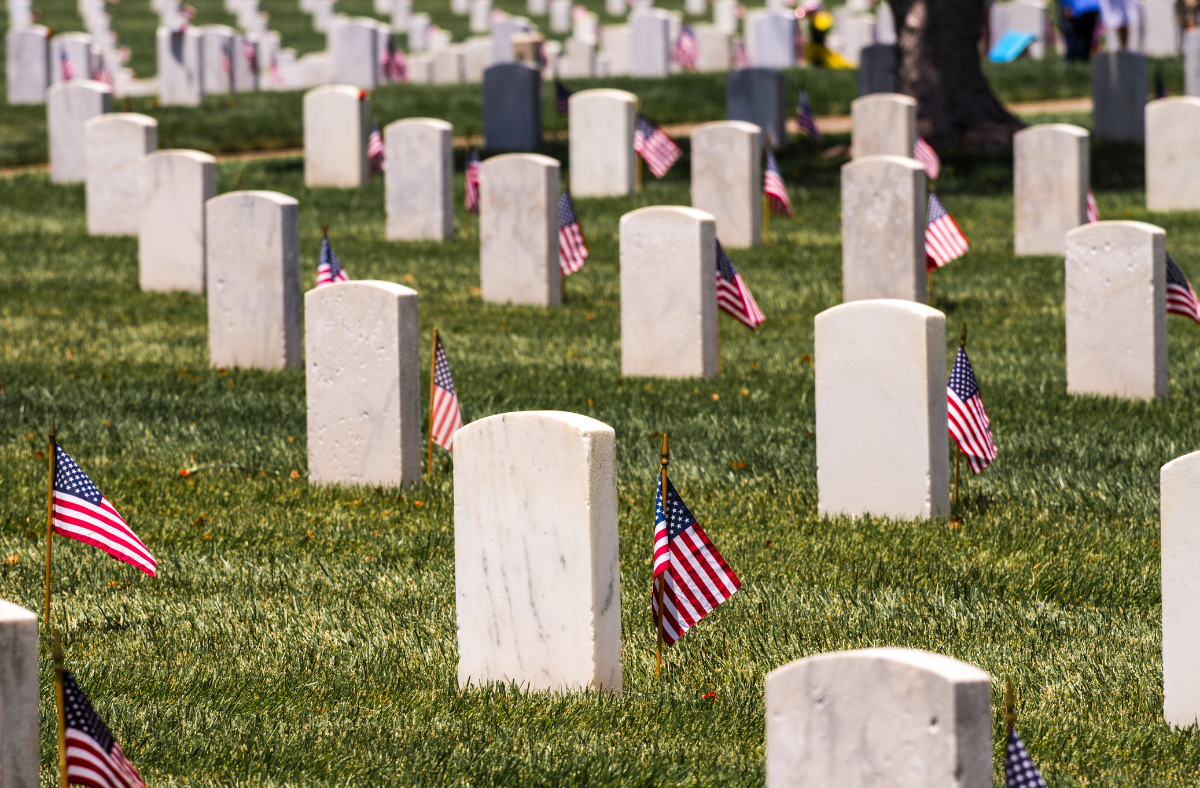This post is dedicated to all U.S. Veterans, and to May as Military Appreciation Month.
What’s the VA All About?
Do you know what the U.S. Veterans Administration (VA) offers Veterans? Here are a few things:
- Healthcare
- Prosthetics, and clothing to fit them
- Accessible vehicles
- Home remodeling for accessibility
- Medical care for dependent family members
- College stipends for children’s education
- Pensions
- Burial plots in VA National Cemeteries
Not all the above are available for everyone, however. Personal stories give a clearer picture than statistics or “official” rules, so here’s what a few BridgingApps people have to say about their VA experiences.
Walter Prescher: The Voice of Combat Experience

Walter is a Veteran who served three tours in Iraq, and has disabilities including chronic pain, breathing issues, and PTSD. He is also a certified Digital Navigator who worked two years for BridgingApps. His family lives in east central Texas.
Walter: Benefits can be a challenge to get. Knowing what questions to ask, what to submit—a lot of Veterans struggle. And it’s not always easy to prove your disabilities are service-related. I had to get a statement from my doctor, and from someone I served with.
Right now, I’m getting a monthly check, plus long-term-care insurance that makes me eligible for residence at a VA facility, if I ever need it. And I love that we can get a guaranteed loan for housing assistance, plus mortgage-payment support.
A lot of people don’t know what the VA can and will do—if you’re willing to wade through the bureaucracy. Every little thing has to be documented. The level of care you receive depends on official “disability rating” (0–100%), years served, medals won, current income, and a lot of other things. You get assigned to a “priority group,” and people in lower groups have to wait longer.
Cristen Reat: Long-Term Planning and Legacies
Cristen is a Veteran and the BridgingApps Program Director. Her family lives in Houston, Texas.
Cristen: I am a planner! When updating my will, I also checked available benefits related to my military service. These include burial benefits covering Veterans’ spouses and, in VA language, any “unmarried adult child of the Veteran … who became permanently physically or mentally disabled and incapable of self-support before reaching 21 years of age.”
I applied to share a plot with my husband and our younger son Vincent, who was born with multiple disabilities. We now have a certificate authorizing burial for all three of us, in a national cemetery of the VA’s choice.
Related is the Veterans Legacy Memorial (VLM) website and its Living Veterans page, where any Veteran eligible for burial in a VA national cemetery can privately share their military and personal journey through images, autobiographies, and historical documents. When participants pass away, all their content is showcased on a publicly visible memorial page. The VLM site already honors nearly 10 million Veterans.

Marjorie and Tom Reichard: Trials and Tips
Marjorie is a BridgingApps Project Manager; Tom is a disabled Veteran. They live in Virginia with their children.
Marjorie: Applying was a struggle. Tom received a lot of runaround and conflicting information from the first VA he tried, in Houston. Since moving to Virginia, we’ve had much better luck. Tom goes to our neighborhood Vet Center for counseling (the Vet Centers program is part of the VA, but community-based), and he’s applied for hearing aids through the VA.
He’s also getting other benefits, including:
- Access to the local military base’s commissary and PX
- A free fishing license
- Exemption from taxes on our primary home, from taxes on one car, and from car registration fees
We’ve also been accepted for a burial spot in Suffolk, Virginia. (Hopefully, we won’t use that benefit anytime soon.)
Tom: Things to consider:
- Be patient.
- File early.
- Get help. In our area, we found the DAV (Disabled American Veterans) invaluable: their Veteran Service Officer volunteers know the process inside and out.
- Be overly detailed. The more facts, the better. Knowing dates and names of fellow soldiers is a must.
- Get copies of all civilian medical records pertaining to the claim. If there is any question if something is applicable, I would include it.
- If you get a denial from the VA, they usually include comments on what information and proof is required for approval, and you can try again.
Marjorie: Keep all your medical evidence. Part of our problem was that it had been so long since Tom received treatment, many places did not exist or have the records anymore.
I helped Tom prepare some of his records, and I went with him to his appointments. Always work with your spouse and family members. I don’t know how anyone could do this by themselves.

